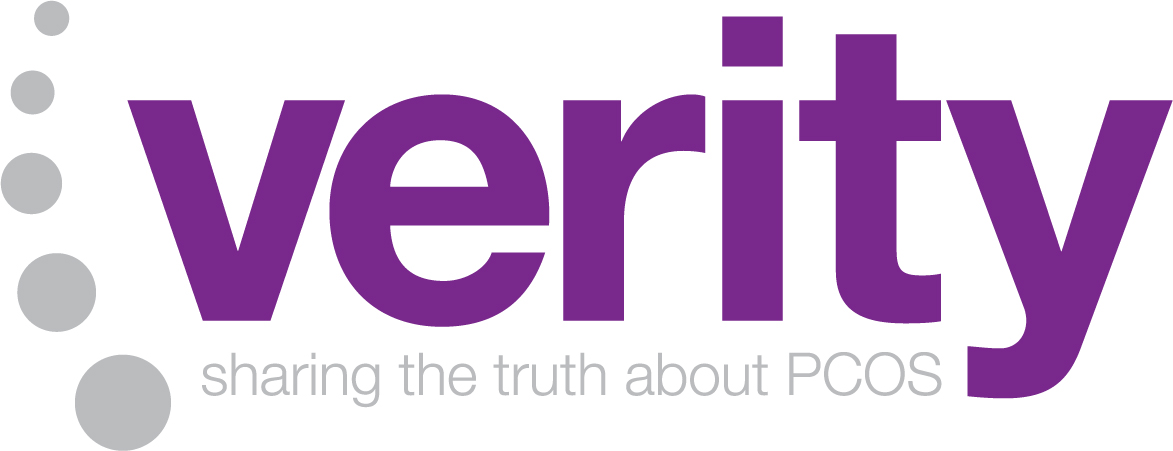Research Body: Huddersfield University
Lead researcher: Jo Bratton
Deadline: 30 April 2023
Participation requirements: Over 18 years old, living in the UK, one year+ post diagnosis
The below post is from the research team, please contact them directly if you are interested in participating.
Polycystic Ovary Syndrome (PCOS) is a condition that affects a woman’s reproductive system and affects around 1 in 10 women.
Unfortunately, women often seem dissatisfied with the information they are provided with during the process of diagnosis, especially while waiting for longer periods of time and even felt as though they were not being taken seriously. The diagnosing process can also be lengthy, causing anxiety, distress, and dissatisfaction throughout the whole process. Although the post-diagnosis advice and guidance given to women can support positive changes in their symptoms, it can also feel dismissive.
Previous studies have suggested improvements that need to be made in the system, but I want to know how the process impacts YOU! I want to know, from seeking advice to diagnosis, how the process was for YOU! I would like a written account (or verbal if you prefer) of your personal experience from how it made you feel, how it impacted you, and what your encounters with professionals was like.
This will hopefully help to see the exact support that women receive, and where improvements need to be made to ensure patients are paramount in the process.
Having gone through this process myself, I know this is a much-needed area for research. I need at least 15 participants to take part in the study, before the end of March!If you are interested in being involved in my study, please email me, Jo Bratton, on U2064631@unimail.hud.ac.uk or jojoshbratton@gmail.com

I was diagnosed with PCOS about 20 years ago. However, my treatment since then has been very poor. I was basically told to lose weight and this would improve my symptoms. No support.. just crack on and eat a low carb diet. But for me losing weight has been a life long losing battle because of the metabolic impact PCOS has. I have spent years yo yo dieting and when I have lost several stone my symptoms have only improved minimally. I still had lots of facial hair, still had a large stomach compared to the rest of my body and still had irregular periods. I also had a long journey of trying to get pregnant and eventually I did get pregnant with the help of a private endocrinologist as no support was available in the NHS. However, both my pregnancies ended in miscarriage. One was as 16 weeks and was extremely traumatic. My journey to become a mother unsuccessfully has severley impacted my mental health. The lack of understanding and support around this from PCOS clinicians has been woeful. As soon as I stopped TTC I have been forgotten by the PCOS community. The additional salt in the wound is complete strangers often think I am pregnant because of my disproportionately large PCOS stomach. There is no joined up multidisciplinary clinical care in PCOS available to support women through the multifaceted clinical issues that PCOS causes. I am very fed up after all of these years of the lack of understanding on a human level about PCOS within a clinical setting. We should not be forgotten after our reproductive journey had ended. PCOS impacts my life every day and will for the rest of my life. Our healthcare system needs to support us with this like any other chronic condition.